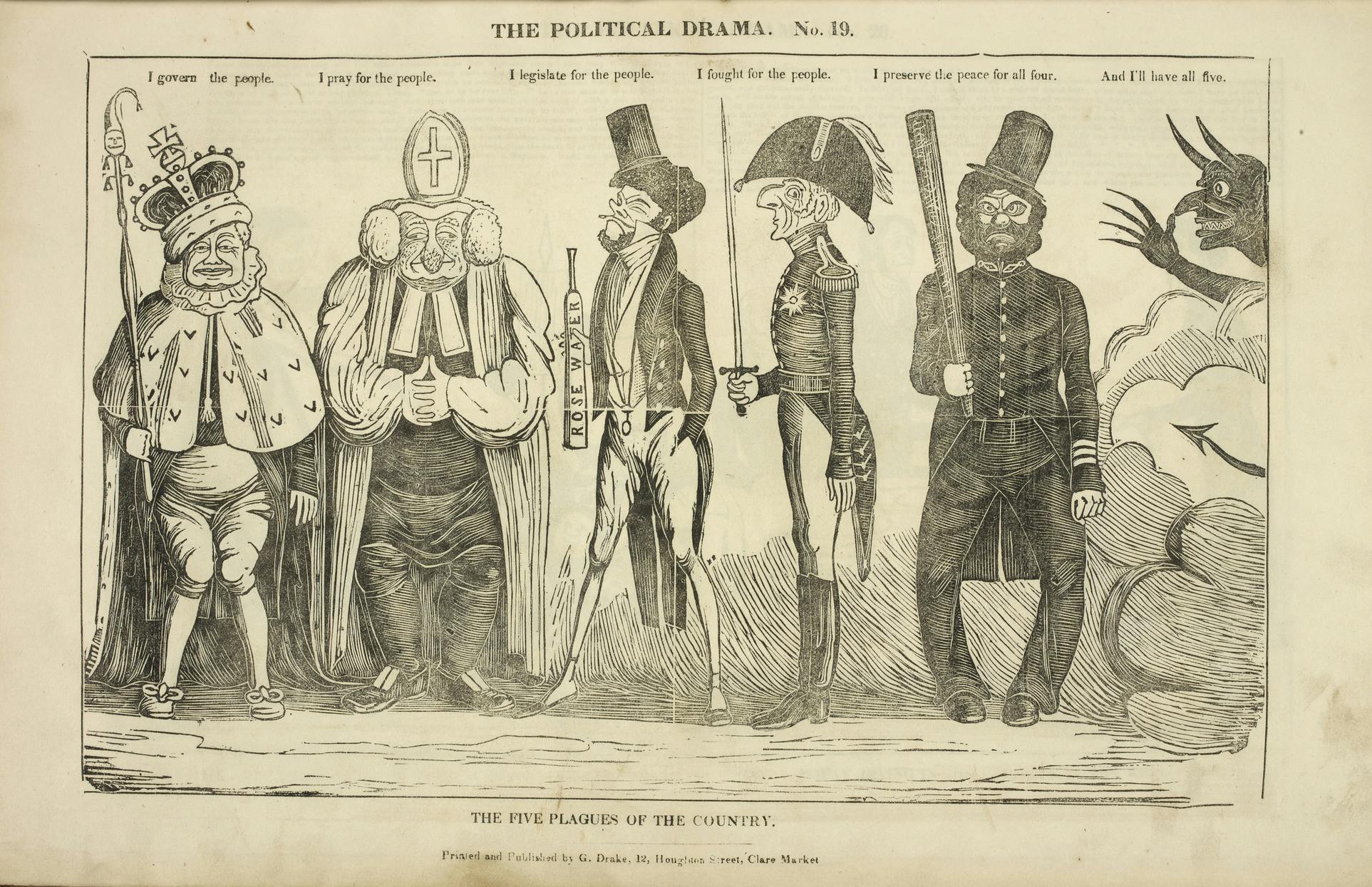Politics Are Not an Investment Strategy
- InvestmentsHello again, my friends. As I write this, we have just received the results of our latest Presidential election here in the US. While we have cats and dogs living together and mass hysteria, I thought I would try to pour some cooling waters on the raging fire of our panic. I like to aim high.

I just want to remind everyone, in the midst of our political turmoil, that politics are not an investment strategy. At the most basic level, I’m saying that getting in and out of the market based on who wins an election is a bad idea. Over the long term, the better strategy will always be buy and hold. When you have the money, invest it in a broadly diversified portfolio of US stocks. Don’t do anything differently based on who wins an election. Just buckle up and hang on.
“But Penny,” you object, “Democrats increase government spending and are bad for the markets. Republicans are more fiscally conservative and are good for the markets.” I’m sorry to inform you that this is an old wives’ tale. In fact, during the nearly 70 years between 1952 and June of 2020 Forbes tells us that the real annual stock market returns during Democratic Presidencies have been 10.6%. The returns during Republican Presidencies have been 4.8%.
No, no, no, I’m not telling you to dump your stock if a Republican gets elected. I just wanted to pop the balloon about Democrats being bad for the markets. I’m agreeing with Jeremy Siegel, the Russell E. Palmer Professor of Finance at the Wharton School of the University of Pennsylvania, who is this month’s Guest Expert of Great Distinction and Whose Name Is Thus Dropped.
Siegel points out that correlation is NOT the same as causation, a fact we learned in Statistics 101. Just because returns tend to be higher under Democratic Presidents doesn’t mean the Democrats are causing those higher returns, as much as they might like to take credit for them and as much financial analysts and the press might link the two. Lots of things are correlated without one causing the other.
Let’s think through an example. There is solid research which demonstrates that flavanols, compounds found in cocoa and green tea, increase blood flow to the brain. In 2012, New York doctor Franz Messerli thought it would be funny, based on this fact, to see if people in heavy chocolate-eating countries were more intellectually outstanding than other people. Lo and behold, he found that people in countries which ate more chocolate also won more Nobel Prizes.
Now, Messerli was not seriously suggesting that chocolate consumption causes intellectual achievement and Nobel Prizes. There are a lot of other reasons why certain countries might produce more Nobel Prize winners: political stability, economic advantage, and higher-quality educational systems, for instance. A country’s wealth is surely linked with all of these variables and is probably a much more likely explanation for the prizes than the chocolate. Wealth is the confounding variable at work in this example. Wealth, along with a host of other variables, is most likely driving the Prizes more than chocolate consumption.
Similarly, a President’s political party is confounded with many other variables which probably do much more to drive investor panic and euphoria, and thus temporary changes in the markets. Forbes spends a lot of time in their article describing the social, economic, and political factors at play during each of the Presidencies since WWII. They argue that wars, fear of wars, interest rates, and even the health of the President himself can cause temporary market declines or upticks because of how people are feeling in that moment. It’s always a lot more complicated than just one political party being in charge.
And since we can never be sure when interest rates will change or a pandemic will hit or someone will come up with another transformative new technology, our best strategy is to hold on tight and ride out the temporary peaks and valleys. The long-term trend is positive, and that’s the key. You’ll note that neither party has a negative return since WWII and that’s because the value of US companies and stocks has continued to increase over the very long term, regardless of who is in office. That’s the wave I want you to ride.
Maybe I can inspire you with some final wisdom from the great Alan Rickman: “The more we're governed by idiots and have no control over our destinies, the more we need to tell stories to each other about who we are, why we are, where we come from, and what might be possible. Or, what's impossible? What's a fantasy?” When all else fails, connect with others and dream about your possibilities.



